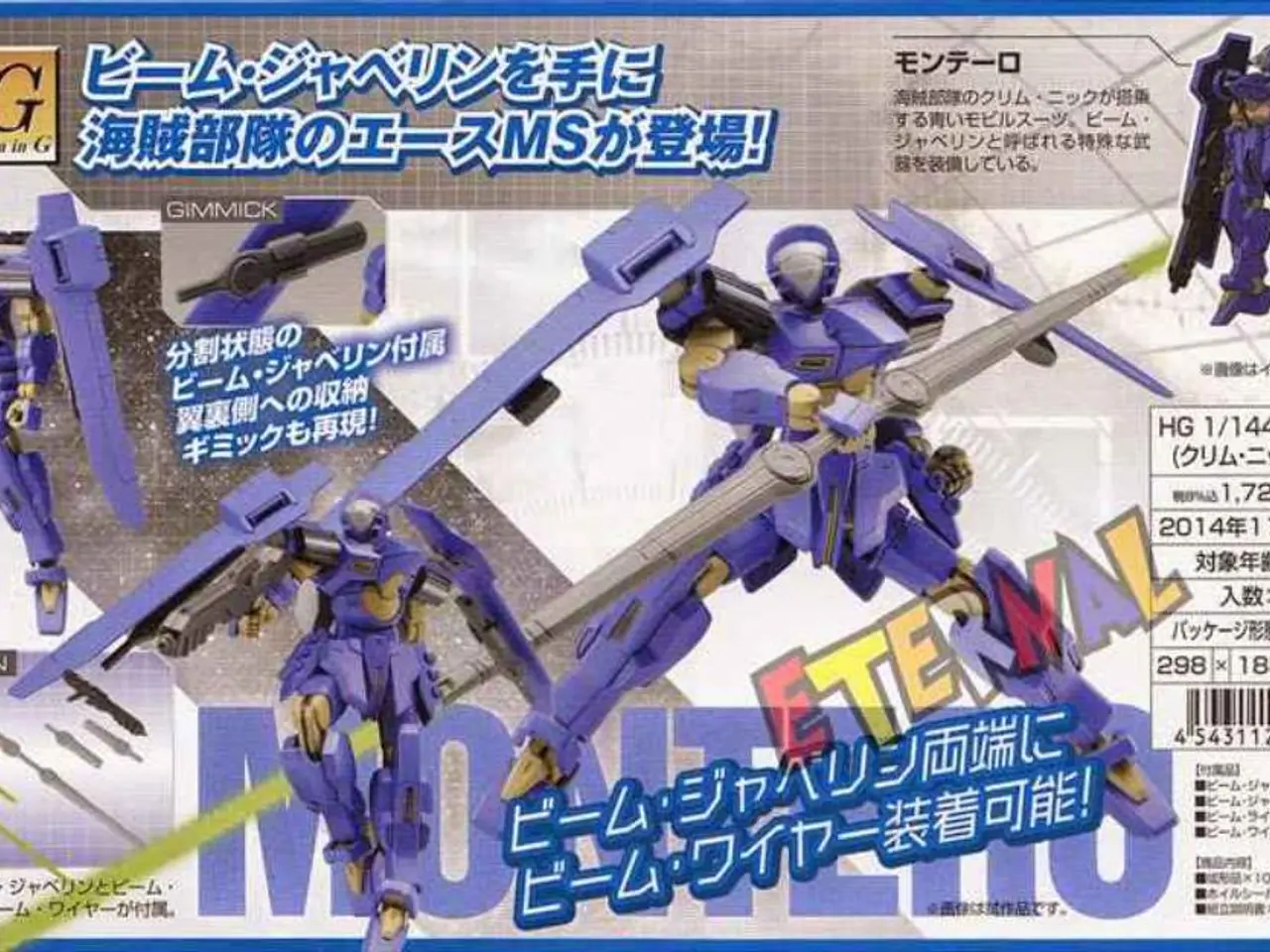Alliance Formed Between Tesla and Samsung Worth $16.5 Billion in Chip Development
Tesla and Samsung Announce $16.5 Billion AI Chip Deal
Tesla and Samsung Electronics have signed a groundbreaking agreement worth $16.5 billion to produce Tesla's next-generation AI chips, the AI6, in Texas. This partnership is set to reshape the competitive landscapes of both the automotive and semiconductor industries.
According to Carla Jennings, senior analyst at Titan Research Partners, this deal is about building a moat no competitor can easily cross and controlling the future of autonomous mobility. The strategic significance of this agreement lies in Tesla securing a dedicated, large-scale production line for its AI chips at Samsung’s new Texas fab, which will be exclusively focused on Tesla’s chip manufacturing.
For Tesla, the exclusive access to AI6 chips, designed to power its Full Self-Driving features, Optimus humanoid robots, and AI training workloads, provides a competitive edge in advanced autonomous driving and AI applications. This is crucial for maintaining market leadership in electric and autonomous vehicles.
Samsung, on the other hand, stands to benefit significantly from this deal. Signing its largest ever foundry order addresses Samsung’s ongoing struggles in attracting big customers outside its memory segment and boosts its contract chip manufacturing foothold in the advanced AI chip market. The Texas fab, delayed and previously uncertain, gains a secured anchor client, likely aiding completion and ramp-up while intensifying competition with TSMC.
The deal could attract additional clients to Samsung's Texas facility, expanding its client base. Success of the Tesla-Samsung partnership depends on execution in an industry known for costly delays and unforgiving margins. If successful, this partnership could breathe life into Samsung's ambitions to challenge TSMC's dominance, particularly in the high-margin AI chip space.
Elon Musk has described Tesla as "an AI company disguised as a carmaker," and this deal is his boldest step yet toward that vision. Analysts view the deal as a play to lock in critical silicon supply for a future where carmakers compete on computational speed rather than horsepower.
The Tesla-Samsung partnership could pave the way for more automakers to strike exclusive deals with chipmakers, potentially localizing part of the advanced chip supply chain in the U.S. Investors and competitors alike will be closely watching the progress of this partnership to determine its impact on the tech supply chain and the race towards autonomous dominance.
Shares in Seoul jumped nearly 7% on news of the Tesla tie-up, indicating potential investor interest. The deal could mark a shift in the semiconductor landscape, where mobility players become co-architects of chip infrastructure. Jennings, a senior analyst, suggests this deal could build a moat no competitor can easily cross, controlling the future of autonomous mobility.
Sources:
[1] Reuters. (2022, August 1). Tesla to spend $16.5 billion on Samsung chips for self-driving cars. Retrieved from https://www.reuters.com/business/autos-transportation/tesla-spend-16-5-billion-samsung-chips-self-driving-cars-2022-08-01/
[2] The Verge. (2022, August 1). Tesla and Samsung are building a $16.5 billion factory to make chips for self-driving cars. Retrieved from https://www.theverge.com/2022/8/1/23287912/tesla-samsung-factory-texas-self-driving-car-chips-ai
[3] CNBC. (2022, August 1). Tesla and Samsung to build $16.5 billion chip factory in Texas. Retrieved from https://www.cnbc.com/2022/08/01/tesla-samsung-to-build-16-5-billion-chip-factory-in-texas.html
[4] TechCrunch. (2022, August 1). Tesla and Samsung are building a $16.5 billion chip factory in Texas. Retrieved from https://techcrunch.com/2022/08/01/tesla-and-samsung-are-building-a-16-5-billion-chip-factory-in-texas/
[5] Bloomberg. (2022, August 1). Tesla to Spend $16.5 Billion on Samsung Chips for Self-Driving Cars. Retrieved from https://www.bloomberg.com/news/articles/2022-08-01/tesla-to-spend-16-5-billion-on-samsung-chips-for-self-driving-cars
- This Tesla-Samsung agreement, worth $16.5 billion, signifies a significant investment in technology for the advancement of AI chips, particularly for autonomous mobility.
- The Tesla-Samsung partnership could potentially localize part of the advanced chip supply chain in the US, hinting at a shift in the technological infrastructure of the global market.
- As Tesla secures exclusive access to AI6 chips designed for advanced autonomous driving and AI applications, the competition in the electric and autonomous vehicle market may experience a significant change.
- The Tesla-Samsung Texas fab presents an opportunity for Samsung to strengthen its contract chip manufacturing foothold in the advanced AI chip market, attract more clients, and boost its standing outside the memory segment.
- The success of the Tesla-Samsung partnership could have far-reaching implications for the future of business, particularly in the automotive, technology, and finance sectors of Africa and other emerging markets, where the demand for advanced AI solutions is on the rise.




